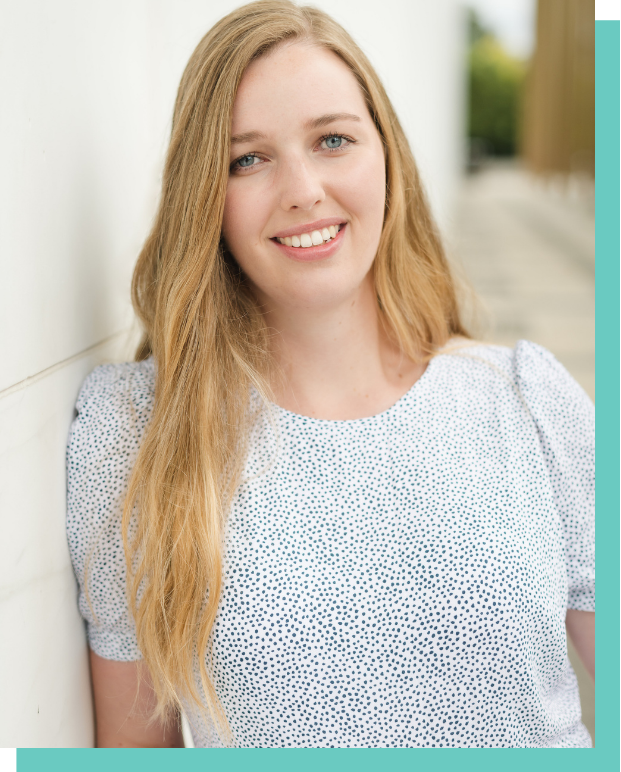As the new year approaches and we think about transitions, many of us consider what we want to do differently in the future. New year’s resolutions can be a fun way to set goals and dreams for the future. However, they can also bring shame when we lose track of time and get distracted! Instead of adding to my to-do list and navigating the inevitable guilt of failed resolutions, I like to identify habits to leave behind, such as letting go of weight obsession.
As the year winds down, I ask myself:
- What things are draining my energy or disconnecting me from my values?
- How can I recalibrate and let go of weight obsession?
Keep reading to learn how you can let go of your obsession with weight loss.
What is Weight Obsession?
In the context of eating disorder recovery, one thing that definitely doesn’t align with recovery values is weight obsession. But what is weight obsession? What are the signs? Weight obsession is just as it sounds: an all-encompassing obsession with weight loss that can negatively impact a person’s day-to-day life. Some signs of this may include…
- Constant monitoring of calories, macros, or overall food intake
- Frequent weigh-ins or other body measures
- Rigid rules around food and/or exercise
- Feeling guilty and shameful when eating certain foods
We often don’t realize how pervasive weight obsession is. We live in a diet culture that fixates on weight as a pathway to success and ‘health’. Therefore, it’s normal for us to internalize that same weight fixation from a young age. There’s no shame in this!
Making Space for New Body Goals
Many of us carry weight loss dreams or body image struggles for most of our lives. The constant thought of ‘when I finally lose the weight I’ll be happy’ can begin to feel comforting and safe. So many of my clients build up a dream future for themselves where they have achieved weight goals. This ‘thin dream’ often seems shiny, new, and happy. No matter how frustrated we are with our current bodies, the hope of a future body that will satisfy us provides an escape. Some folks may achieve ‘that’ body for a while but are unable to maintain it. Some may get to the goal weight and realize it’s not enough. Some will never get to their body goal.
I like to imagine this body ideal/goal/dream as a best friend. They go through every life stage with us, and we imagine they’ll always be there. But as we engage in eating disorder recovery, we come to a point where we must sit with the following: letting go of weight obsession and body goals no longer align with recovery values. This also means letting go of what felt like a faithful friend. As with the loss of any friend, we may experience a grieving period.
Letting go of the future we imagined for ourselves in a smaller body can feel heartbreaking. Don’t avoid or rush through this feeling! The grieving process often brings denial, anger, bargaining, and depression before we find acceptance. (Side note: checkout Body Image w/ Bri for excellent resources around body grief!). Recognizing and naming the process of body grief, while heartbreaking, can also feel liberating. The weight obsession we’ve carried around for so long is no longer serving us; grieving its loss allows us to make space for new dreams in line with our values.
Reconstructing Self Values
Another piece of the weight obsession deconstruction is value work. I love to explore with clients what role their ED served and what values it prioritized. Often the top values are things like social acceptability, desirability, perfectionism, or control. These ED values may masquerade as ‘health’. Have you ever heard/said “I’m not doing it for the weight loss, I just want to look healthy and finally fit into my x-size jeans”? This is an example of weight obsession presenting as a value of health. Once we call this out, we can explore what values truly align with our recovery. Maybe compassion or connection are values which resonate with you. Maybe pursuing well-being instead of weight loss. Maybe exploring passions and interests. Maybe honesty or kindness. There are many different values that can fill our lives with purpose as we grieve the loss of weight goals.
Closing Thoughts on Letting Go of Your Obsession with Weight Loss
In closing, recognizing how weight obsession infiltrates our values and sabotages our hopes for the future is hard. Maybe we need to carve out time to sit with the heartbreak of surrendering our weight loss goals. Maybe we need to grieve the body we hoped for. Maybe we need to honestly evaluate our old eating disorder values and our new recovery values. This process takes time. Be gentle with yourself as you practice letting go of weight obsession. Know that it’s ok to have weight loss dreams – we exist in a culture that promotes and profits off these dreams. Also know that life without weight obsession is possible!
Reflection questions:
- What values does weight obsession promote?
- What values does your healthy self have or want to pursue in recovery?
- How does it feel to sit with the idea of letting go of weight obsession? What more meaningful things might replace it?
Contact Us
Courage to Nourish is a group of eating disorder specialized dietitians. We have in person locations in Alexandria, Virginia, Columbia, Maryland. and College Park, Maryland. We offer virtual services across the state of Virginia, Washington DC, Pennsylvania, and Colorado. We offer individual nutrition therapy. As well as support groups. We would love to guide you in building a better relationship with food.
Contact us for more information. And to schedule a discovery call. Also, sign up for our client or clinician newsletter!

Georgia has experience in providing therapeutic meal support, challenging weight bias, normalizing eating, and embracing Health at Every Size in her work with both adolescents and adults. She is passionate about reducing weight stigma in the eating disorder field and developing guidelines for safely incorporating physical activity into eating disorder recovery. She works alongside clients to challenge diet culture together. View Georgia’s full bio here.


